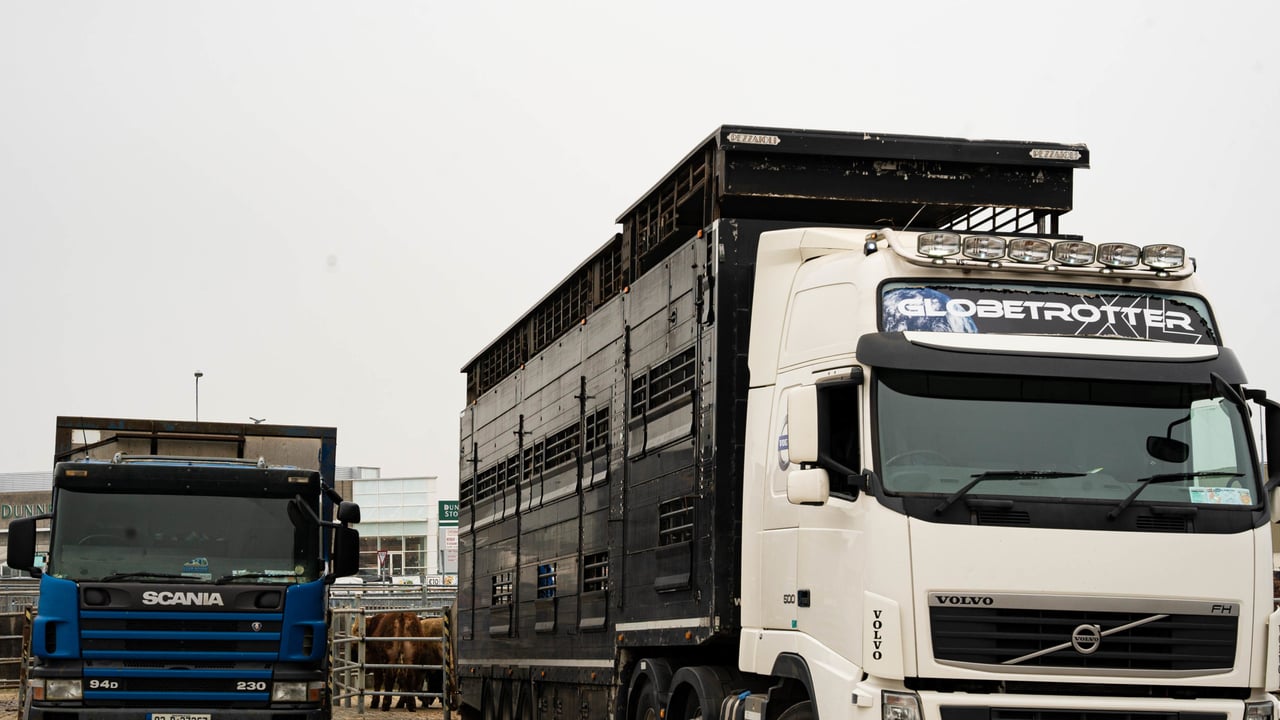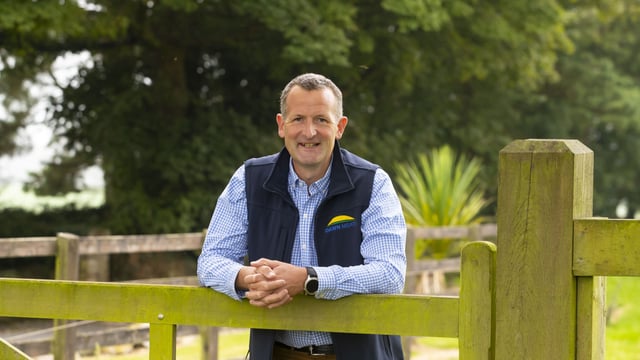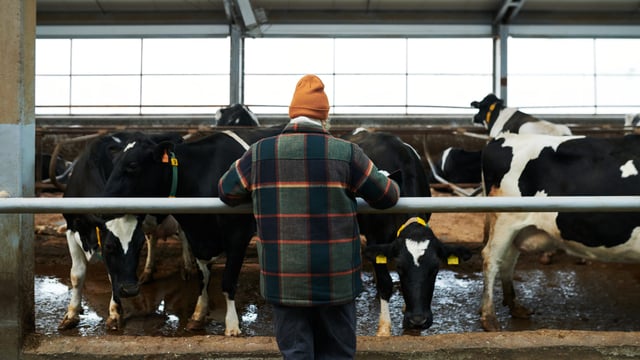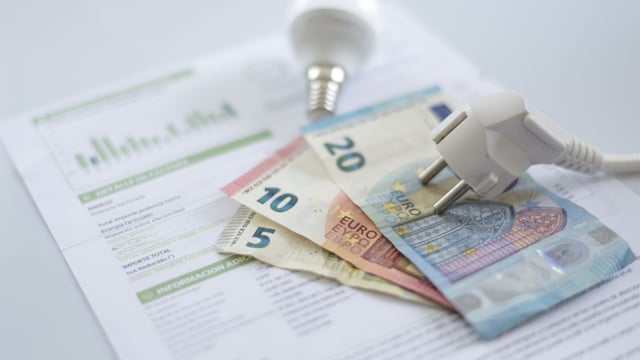Cattle exporters confident trade can continue amidst challenges
Several key Irish-based cattle exporters have confirmed to Agriland that they hope to continue trading cattle to key markets in mainland Europe this week.
The confirmation comes as the French Minister of Agriculture Annie Genevard confirmed on Friday, October 17 that a ban on all cattle leaving mainland France is to be introduced to prevent lumpy skin disease (LSD) from spreading.
Minister Genevard announced the new "emergency brake" measures will come into effect from Saturday, October 18, and remain in place until November 4.
The Department of Agriculture, Food and the Marine (DAFM) confirmed that the live Irish cattle trade can continue through France, once it complies with the new requirements.
Irish exports
Speaking to Agriland today (Monday, October 20), Irish-based cattle exporters said that changes in the lairages used will now have to be implemented as a result of the new restrictions.
French authorities informed DAFM on Friday afternoon that due to the outbreaks of LSD in the south of France, certain control posts have been temporarily suspended starting from Saturday.
"In relation to the intracommunity movement of cattle from Ireland to other EU member states, the French authorities have also advised that in principle, that transits of cattle via France remain authorised, provided that no unloading takes place in the protection or surveillance zones," a DAFM spokesperson told Agriland.
Exporters have said this will cause some challenges but also said they remain "hopeful cattle can be got out" to markets on mainland Europe.
It is also hoped the restrictions in France will not have any impact on the level of interest in Irish cattle from key European markets seeing as the Irish cattle must travel through France to get to several key market destinations in Europe.
Identification details of the affected premises, and maps of the restricted zones, have been communicated to all relevant stakeholders, according to DAFM.





